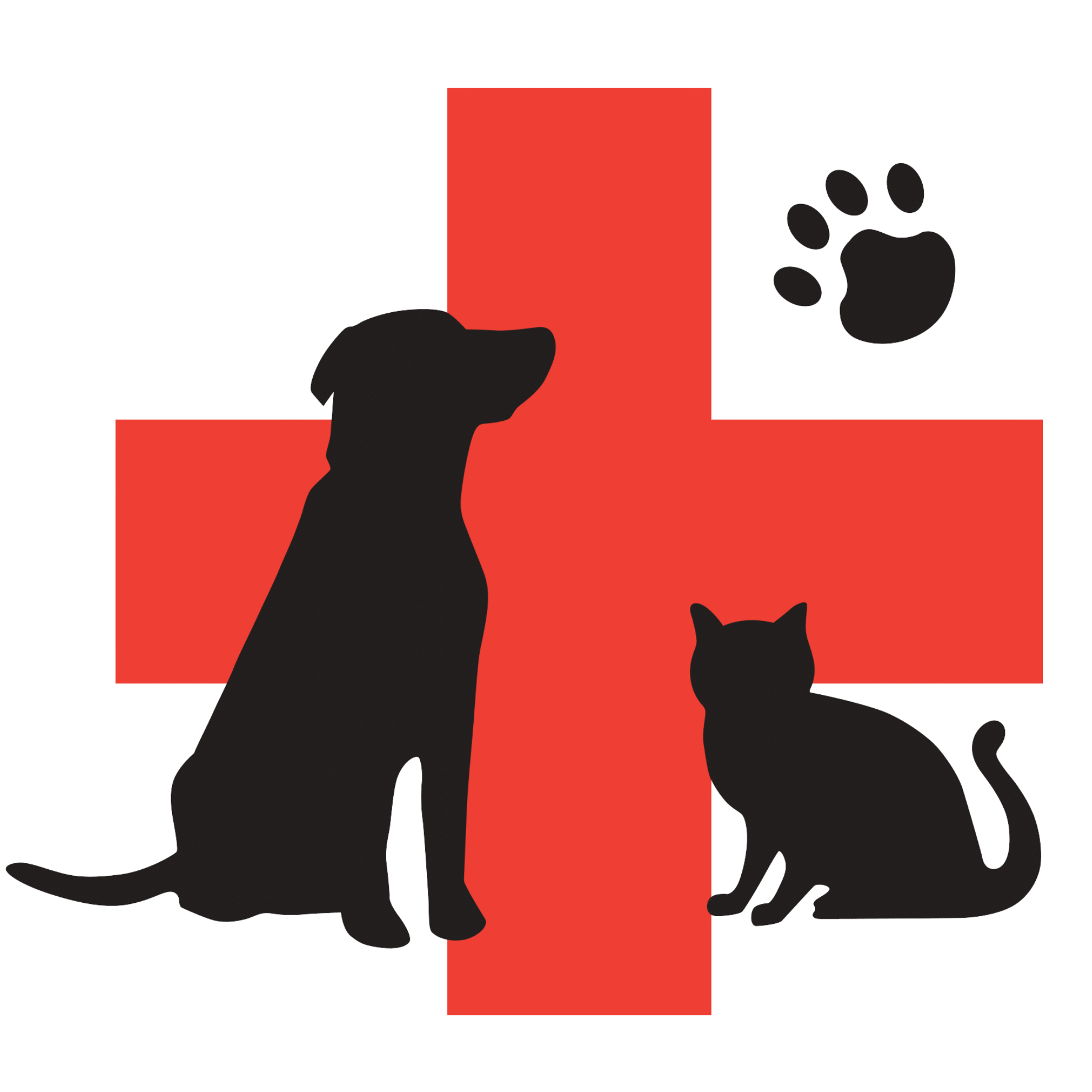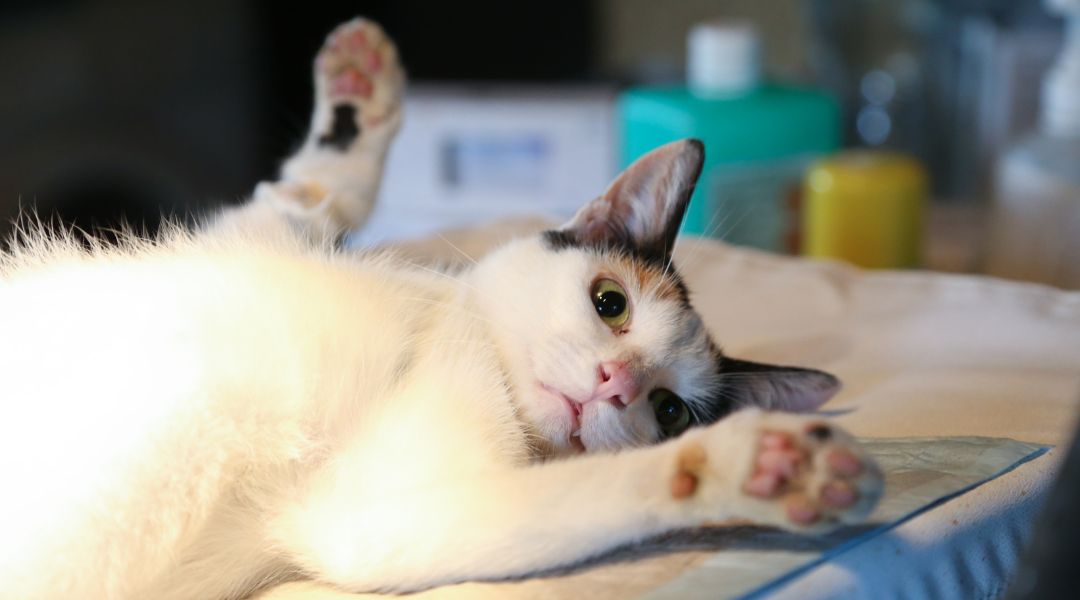Part of being a responsible pet owner is deciding when to spay/neuter your pet. Let’s discuss some of the common myths associated with spaying and neutering, as well as a little about the surgery process.
What is a spay?
Though commonly called a “spay,” the surgery performed on your female cat/dog is a complete ovariohysterectomy. This means that both the uterus and ovaries are removed.
Common Myths About Spaying:
Myth: My pet will gain weight because of this surgery.
Fact: Though it is true that lower hormone levels may decrease your pet’s activity level slightly, with proper diet and exercise your pet will remain in ideal body condition.
Myth: She needs to go through at least one heat cycle before being spayed.
Fact: Having your pet go through a heat cycle has no medical benefit, and it can be a very inconvenient process for you as a pet parent.
Benefits of spaying:
- Eliminate risk for ovarian/uterine cancers
- Drastically reduce risk for mammary tumors
- Eliminate risk of pyometras (uterine infections)
- Eliminate stress for owner dealing with a pet in heat
What is a neuter?
Neutering is the removal of both testicles from a male cat/dog.
Common Myths About Neutering:
Myth: My pet will gain weight because of this surgery.
Fact: Though it is true that lower hormone levels may decrease your pet’s activity level slightly, with proper diet and exercise your pet will remain in ideal body condition.
Myth: He will lose his “spunk” if I have him neutered.
Fact: Neutering your pet will not alter his personality in any negative way. However, it will help keep him from wandering after females, and help prevent unwanted aggression.
Benefits of neutering:
- Reduce risk of perianal gland tumors/cancers
- Eliminate risk of testicular cancer
- Reduce risk of prostate disease
- Reduce wandering behavior
- Reduce/prevent marking/spraying behavior
- Reduce unwanted aggression issues
We recommend spaying/neutering most pets between the ages of 4-6 months. We will discuss other options if we feel your pet’s individual needs differ from our normal protocols. Feel free to discuss with us any concerns/questions you may have.
What you do for surgery:
- Your pet will need to be dropped off between 7:30-8:00 am on the morning of surgery.
- You will need to withhold food/water beginning at 10 pm the night before surgery.
- Bring any medications your pet is currently taking, but do not give any medications or food the morning of surgery.
- Please let us know if your pet has experienced any health issues within the week leading up to the procedure (i.e. vomiting, diarrhea, coughing, lethargy).
- Trust that we always have your pet’s best interest at heart, and we will do everything in our power to ensure that this process goes as smoothly as possible.

